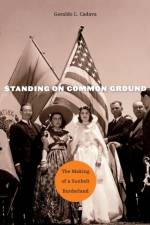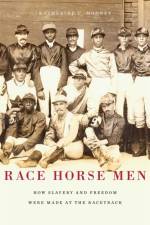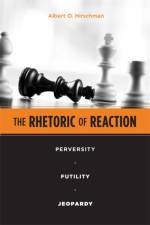av James Clifford
721
Returns explores homecomings--the ways people recover and renew their roots. Engaging with indigenous histories of survival and transformation, James Clifford opens fundamental questions about where we are going, separately and together, in a globalizing, but not homogenizing, world. It was once widely assumed that tribal societies were destined to disappear. Sooner or later, irresistible economic and political forces would complete the destruction begun by culture contact and colonialism. But aboriginal groups persist, a reality that complicates familiar narratives of modernization. History is a multidirectional process where the word "e;indigenous,"e; long associated with primitivism and localism, takes on unexpected meanings. In these probing essays, native people in California, Alaska, and Oceania are shown to be agents, not victims, struggling within and against dominant forms of cultural identity and economic power. Their returns to the land, performances of heritage, and diasporic ties are strategies for moving forward, ways to articulate what can paradoxically be called "e;traditional futures."e; With inventiveness and pragmatism, often against the odds, indigenous people are forging original pathways in a tangled, open-ended modernity. Third in a series that includes The Predicament of Culture and Routes, this volume continues Clifford's signature exploration of intercultural representations, travels, and now returns.






























